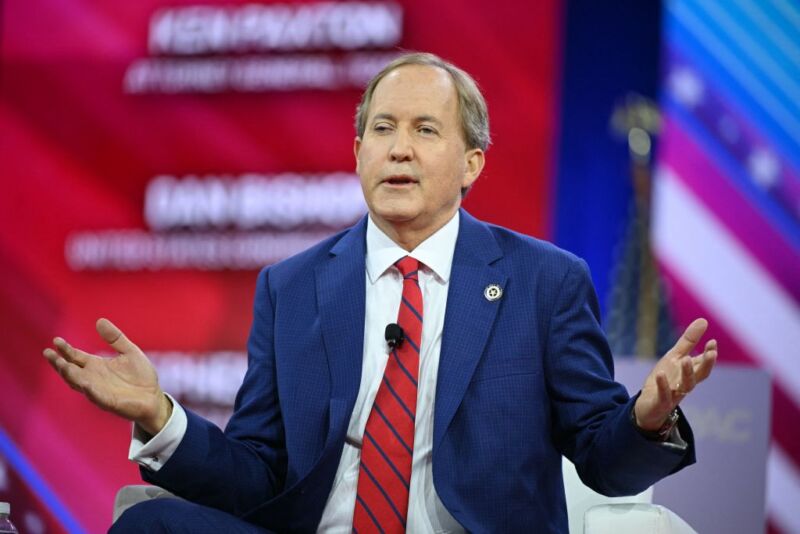Elon Musk’s X defeats Australia’s global takedown order of stabbing video

Australia’s safety regulator has ended a legal battle with X (formerly Twitter) after threatening approximately $500,000 daily fines for failing to remove 65 instances of a religiously motivated stabbing video from X globally.
Enforcing Australia’s Online Safety Act, eSafety commissioner Julie Inman-Grant had argued it would be dangerous for the videos to keep spreading on X, potentially inciting other acts of terror in Australia.
But X owner Elon Musk refused to comply with the global takedown order, arguing that it would be “unlawful and dangerous” to allow one country to control the global Internet. And Musk was not alone in this fight. The legal director of a nonprofit digital rights group called the Electronic Frontier Foundation (EFF), Corynne McSherry, backed up Musk, urging the court to agree that “no single country should be able to restrict speech across the entire Internet.”
“We welcome the news that the eSafety Commissioner is no longer pursuing legal action against X seeking the global removal of content that does not violate X’s rules,” X’s Global Government Affairs account posted late Tuesday night. “This case has raised important questions on how legal powers can be used to threaten global censorship of speech, and we are heartened to see that freedom of speech has prevailed.”
Inman-Grant was formerly Twitter’s director of public policy in Australia and used that experience to land what she told The Courier-Mail was her “dream role” as Australia’s eSafety commissioner in 2017. Since issuing the order to remove the video globally on X, Inman-Grant had traded barbs with Musk (along with other Australian lawmakers), responding to Musk labeling her a “censorship commissar” by calling him an “arrogant billionaire” for fighting the order.
On X, Musk arguably got the last word, posting, “Freedom of speech is worth fighting for.”
Safety regulator still defends takedown order
In a statement, Inman-Grant said early Wednesday that her decision to discontinue proceedings against X was part of an effort to “consolidate actions,” including “litigation across multiple cases.” She ultimately determined that dropping the case against X would be the “option likely to achieve the most positive outcome for the online safety of all Australians, especially children.”
“Our sole goal and focus in issuing our removal notice was to prevent this extremely violent footage from going viral, potentially inciting further violence and inflicting more harm on the Australian community,” Inman-Grant said, still defending the order despite dropping it.
In court, X’s lawyer Marcus Hoyne had pushed back on such logic, arguing that the eSafety regulator’s mission was “pointless” because “footage of the attack had now spread far beyond the few dozen URLs originally identified,” the Australian Broadcasting Corporation reported.
“I stand by my investigators and the decisions eSafety made,” Inman-Grant said.
Other Australian lawmakers agree the order was not out of line. According to AP News, Australian Minister for Communications Michelle Rowland shared a similar statement in parliament today, backing up the safety regulator while scolding X users who allegedly took up Musk’s fight by threatening Inman-Grant and her family. The safety regulator has said that Musk’s X posts incited a “pile-on” from his followers who allegedly sent death threats and exposed her children’s personal information, the BBC reported.
“The government backs our regulators and we back the eSafety Commissioner, particularly in light of the reprehensible threats to her physical safety and the threats to her family in the course of doing her job,” Rowland said.
Elon Musk’s X defeats Australia’s global takedown order of stabbing video Read More »





